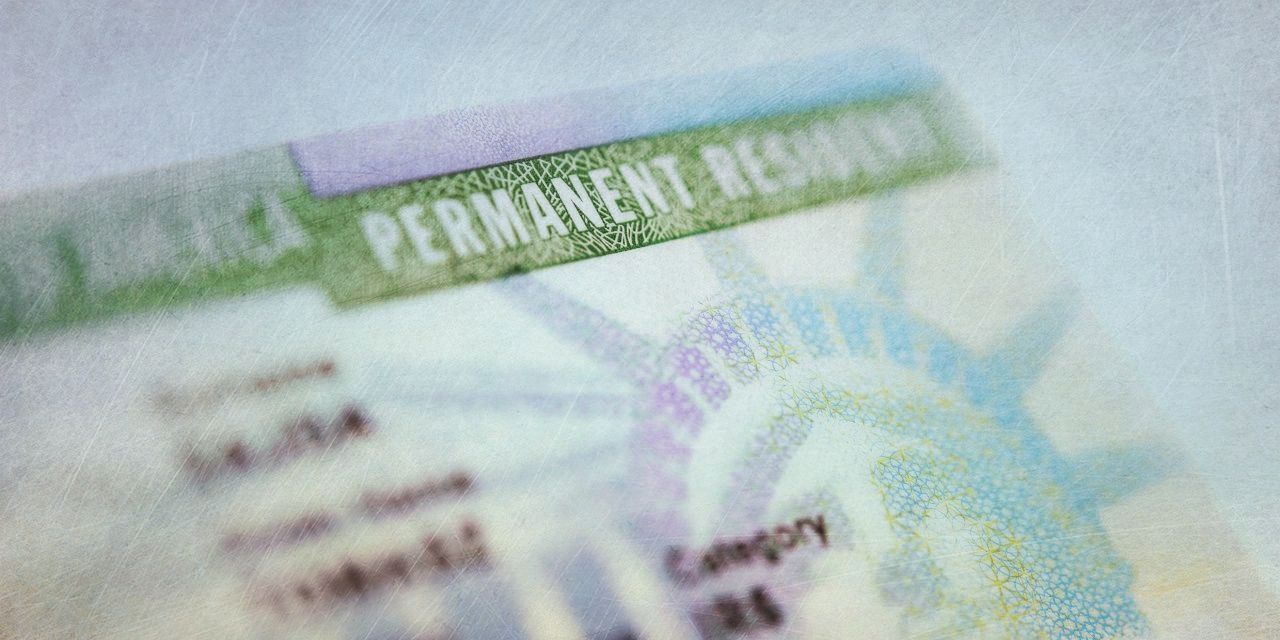
Cancellation of Removal for LPR: What You Need to Know
Having a green card grants you the right to live and work in the United States. While it represents a sense of permanence, much in the same way that U.S. citizenship does, the reality is that lawful permanent residents can be deported under certain conditions. In this blog, we review some of those conditions and how you may qualify for a cancellation of removal.
Which Crimes Can Get an LPR Deported?
There are several offenses that can subject non-citizens to deportation. Their primary categories, which are outlined in Section 237 of the U.S. Immigration and Nationality Act, include:
- Certain drug offenses
- Aggravated felonies
- Firearms offenses
- Domestic violence crimes
- Fraud against the government
- Crimes of moral turpitude
The latter covers offenses deemed immoral, depraved, or a violation of the basic responsibilities we owe one another. For example, Florida courts have held that manslaughter by culpable negligence is a crime of moral turpitude.
In most cases, an actual conviction is required for the offense to count against you, but there are exceptions. They include:
- Abuse of or addiction to drugs at any point since being admitted to the U.S.
- Being a habitual drunkard
- There is reason to believe that the person has engaged in drug trafficking or prostitution
If you are arrested for any deportable offense, contact a Florida deportation defense attorney right away to ensure that your rights are protected.
Cancellation of Removal for LPR
Lawful permanent residents who find themselves in removal proceedings may qualify for a form of relief called cancellation of removal. In order to succeed, however, there are certain criteria that you have to meet.
Lawful Permanent Resident for Five Years
You must have been a green card holder for at least five years. The most important factor that an immigration judge will consider is how you obtained your green card. If it was obtained by fraud or you were otherwise ineligible to become a permanent resident, cancellation of removal is not an option for you.
Seven Years' Continuous Residence
You must have continuously resided in the U.S. for at least seven years after being admitted and before the stop-time rule takes effect. The latter is triggered when you-
- Are issued a valid Notice to Appear;
- Commit a crime specified in the INA or;
- Commit a security-related offense
No Aggravated Felony Convictions
An aggravated felony conviction disqualifies you from cancellation of removal. There are a variety of crimes that are considered aggravated felonies, but murder, rape, drug trafficking, and fraud that exceeds $10,000 are among the most common.
You Have Not Been Granted Cancellation of Removal Before
Cancellation of removal is meant to be a “one-time only” deportation relief. If you have been granted cancellation of removal in the past, either as an LPR or non-LPR, you are ineligible.
Discretionary Merit
To be granted cancellation of removal, you must demonstrate that you deserve it as a matter of discretion. Therefore, you must show not only that you meet the basic legal requirements, but that your story and situation merit a decision in your favor.
How Can a Florida Deportation Defense Attorney Help?
Immigration law is complicated, and in many instances, it appears that the system is heavily in favor of the government. If you or a loved one have received a notice of removal, contact Attorney Ruth Jean at Jean Law Group immediately for an initial consultation. The sooner you begin building your case for cancellation of removal, the better your chances will be to obtain a positive result. To schedule a confidential consultation, please call (954) 278-9332 or contact our office online.
